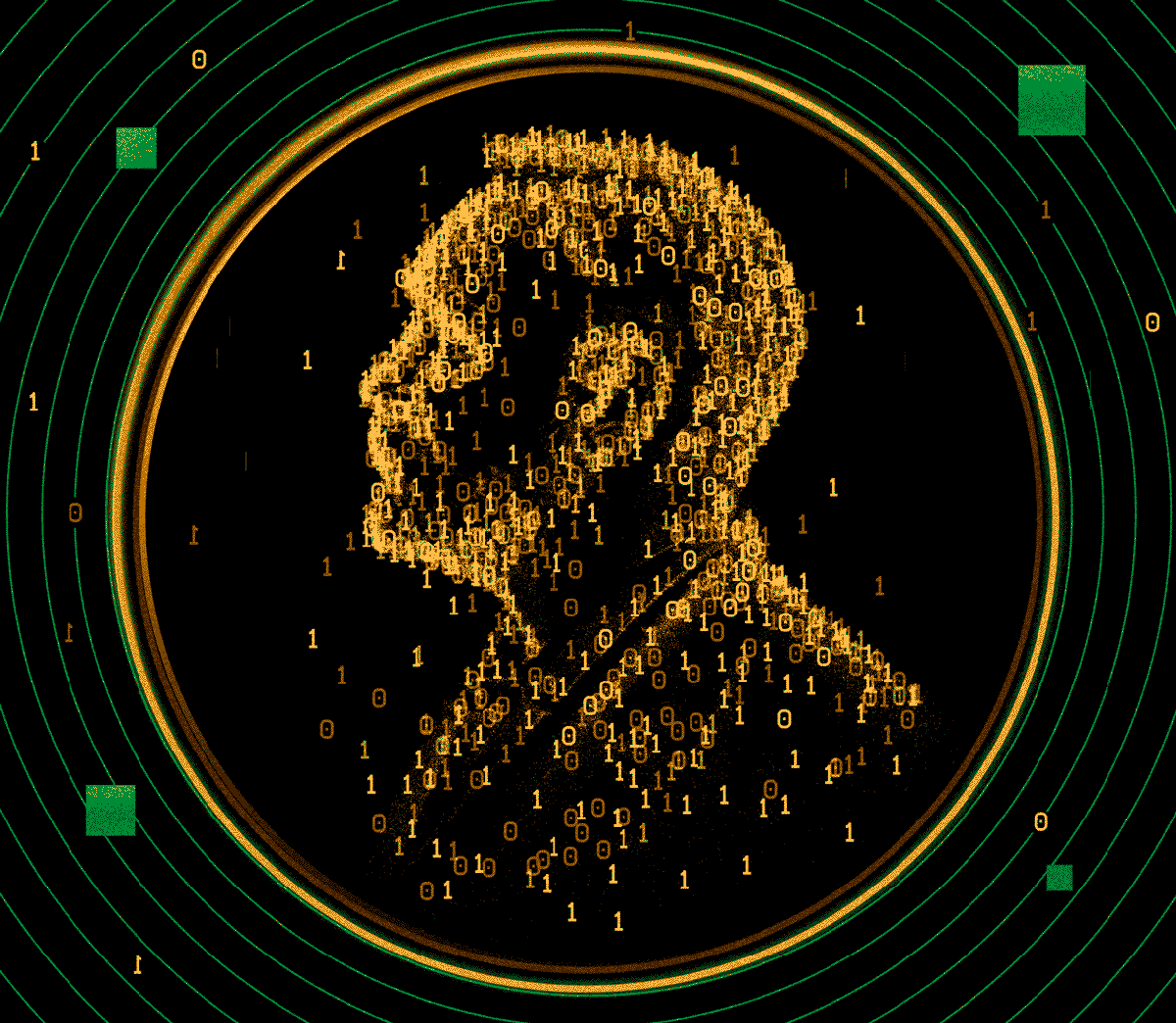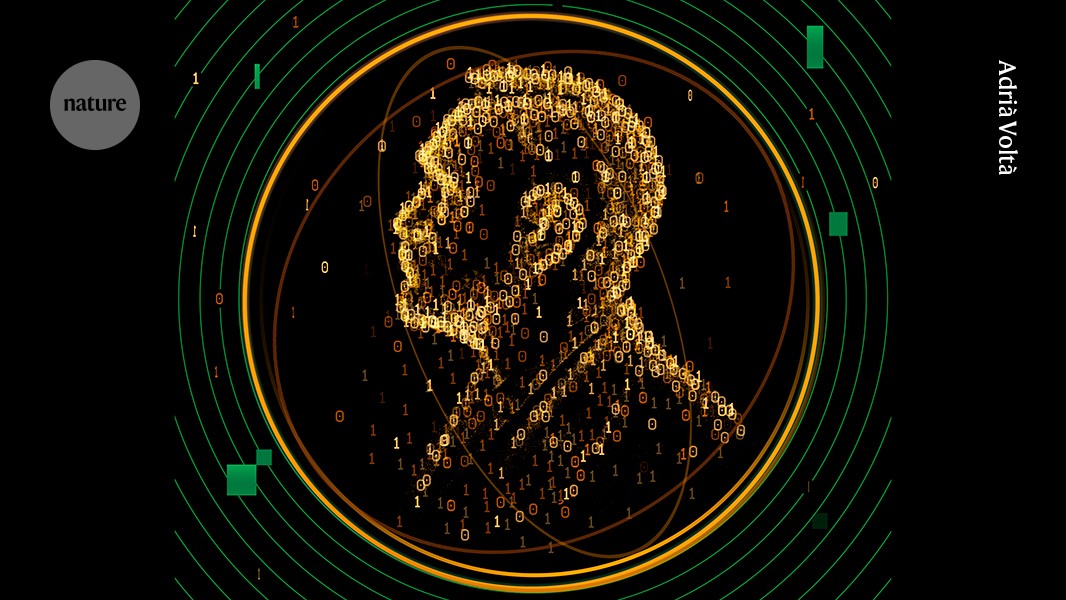#ai-in-science
#ai-in-science
[ follow ]
#nobel-turing-challenge #virtual-lab #scientific-research #openai-prism #academic-publishing #gpt-52
Fundraising
fromFortune
3 months agoMark Zuckerberg, Priscilla Chan shift philanthropy focus to how AI can accelerate science | Fortune
Chan and Zuckerberg are shifting most philanthropy to Biohub to use AI-based cell models and immune-focused research to accelerate disease detection, prevention, and treatment.
[ Load more ]

